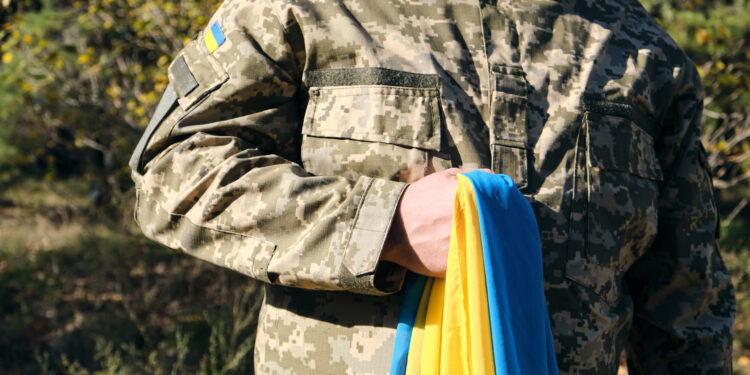While media attention focused on the recent NATO summit on June 25, a potentially momentous development for the future of international justice took place in a less publicized but equally significant arena: the Council of Europe. Under the moonlight, in a ceremony that received little press coverage but carried immense political and legal symbolism, an agreement was signed paving the way for the establishment of a Special Tribunal for the Crime of Aggression against Ukraine.
The presence of President Volodymyr Zelensky, who travelled directly from the Atlantic summit to formalize the commitment, underscored the importance Ukraine attaches to this initiative. This was no isolated gesture. It represents the culmination of a long process of diplomatic pressure and technical drafting aimed at filling a crucial gap in the current system of international criminal justice: the impossibility of prosecuting the crime of aggression under the Rome Statute when the aggressor state — in this case, Russia — is not a party to the treaty.
Since the onset of the full-scale invasion in February 2022, the Council of Europe has assumed a prominent operational and political role. It was the first international organization to expel the Russian Federation — an unprecedented decision that marked a clear break from traditional patterns of diplomatic containment. Since then, it has implemented a series of concrete measures: technical assistance to the Ukrainian judiciary, financial support for victims, institutional strengthening programmes, and, notably, protection for children illegally deported, in coordination with the Secretary General’s Special Representative on the situation of children in Ukraine. Furthermore, the recently activated Register of Damage provides a mechanism to document and quantify losses resulting from the aggression — a crucial preparatory phase for future reparations.
Though largely removed from the media spotlight, these efforts form a functional architecture that demonstrates that justice cannot be subordinated to geopolitical calculation or short-term pragmatism. In an increasingly strained international system, supporting justice as a multilateral instrument of democratic security — rather than a diplomatic constraint — carries profound strategic value.
Beyond Symbolism
The Special Tribunal project is both a legal response and a political statement. Its creation follows the logic of international law and seeks to reaffirm the indivisibility of justice, peace, and security on the European continent.
Unlike previous special tribunals established by the UN Security Council — such as those for the former Yugoslavia, Rwanda, or Lebanon — the tribunal for Ukraine emerges from a regional legal framework, promoted by Europe in the absence of global consensus. This distinction highlights the political nature of the agreement signed in Strasbourg and reinforces the Council of Europe’s role as a multilateral guarantor of the continent’s fundamental values: human rights, democracy, and the rule of law.
This step gains particular relevance in a context where, even as military alliances are being strengthened, there is a risk of sidelining the legal and civil instruments that sustain the international order. Against the primacy of deterrence, this decision demonstrates that accountability is as essential as active defence. Justice is not improvised — it demands persistent political will, solid institutions, and binding commitments built through multilateral consensus.
An Opportunity for Europe
This development should also be seen as a strategic opportunity for Europe to reaffirm itself as a global normative power. In a multipolar and competitive world, where the rules of the game are being contested, Europe can — and must — demonstrate that international law is not a decorative instrument but a genuine lever for action.
By spearheading the creation of a tribunal to prosecute the crime of aggression, the Council of Europe sends an unambiguous message: impunity will not be tolerated, not even for states wielding veto power at the UN Security Council. This may be the most symbolically powerful aspect of the Strasbourg agreement: faced with attempts to erode the international legal order, Europe responds with institutional strength, with law, with robust multilateral mechanisms.
Conclusion
This agreement marks a decisive turning point in international justice, particularly in defence of Ukraine. Europe now has both the opportunity and the historical responsibility to lead with coherence — transforming values into tangible action. Justice and peace are not mere declarations; they are built daily through sustained political decisions, international cooperation, and a solid institutional framework. Only within a forum such as the Council of Europe — both a political and legal cornerstone of the continent — can this future be forged.
Aroa Fandiño,
Expert in European Law and contributor to Fundación Alternativas.







